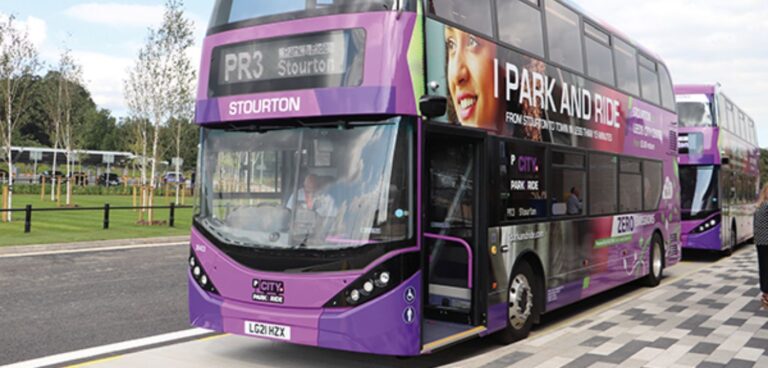Leeds City Council has announced that work to transform the area’s transport network and connectivity, funded through the £270m Leeds Transport Investment Programme, has been completed.
The programme, which was launched in 2018, established the vision for Connecting Leeds and has supported to delivery of a series of major transport upgrades in the region.
Some of these include commitments to improving roads, rail, buses, park and ride facilities, cycling and walking infrastructure, traffic-calming and improved air quality and accessibility.
The council was awarded £173.5m by the UK government to invest in public transport, with Leeds City Council then partnering with the West Yorkshire Combined Authority and bus operators to deliver the new transport agenda.
Helen Hayden, councillor and executive member for infrastructure and climate, said: “In 2016, we started our biggest-ever transport conversation in which over 8,000 people told us what’s important to them and for Leeds.
“After working together in partnership for six years and completing this unprecedented number of projects, we’ve come to an end of this phase of our transport development.
“I’m delighted and proud to have experienced the completion of so many schemes across Leeds – from the UK’s first fully solar powered Stourton park and ride site to the wider pavements and bus priorities along the Headrow.
“And the fantastic new urban realm spaces around the Corn Exchange Gateway scheme.
“I’m really pleased to see new areas of public realms as part of these transport schemes, with new space for biodiversity and people to relax.
“I would like to thank everyone has worked on this programme and to the people of Leeds, for their patience whilst construction has taken place in this phase as well as the next stage of transforming for the city.”
What’s more, the local authority claims to have also collaborated with local businesses, stakeholders and other transport operators to bring about the transformation.
Some of the key upgrades the council has reported are: an expansion of park and ride facilities and adding more than 2,000 car park spaces to sites across the region; improvements along two key corridors on the A61 South / A639 route to reduce bus journey times and add walking and wheeling infrastructure; interventions along several other corridors, including signal upgrades; almost a thousand new real-time information boards at bus stops; a colour-coded Leeds Core Bus Network tube map; efforts to improve the look of 2,300 bus stops; a fleet of new, low-emission buses with free Wi-Fi, improved seating and contactless payments; modernisation of the Leeds Bus Station; and new connections to surrounding communities, among others.
What’s more, this investment has reportedly kick-started development on new rail stations across Leeds, with construction recently beginning at the White Rose site. Business plans and land purchases have also reportedly progressed for Thorpe Park and Leeds Bradford Airport Parkway stations, in addition to the progressing of plans for Leeds City Station.





